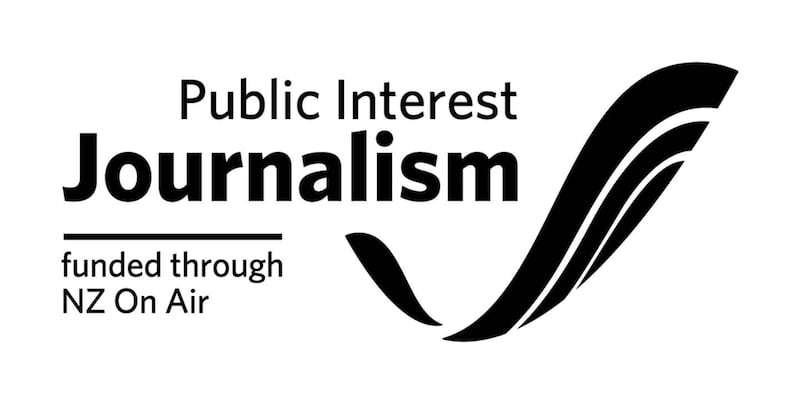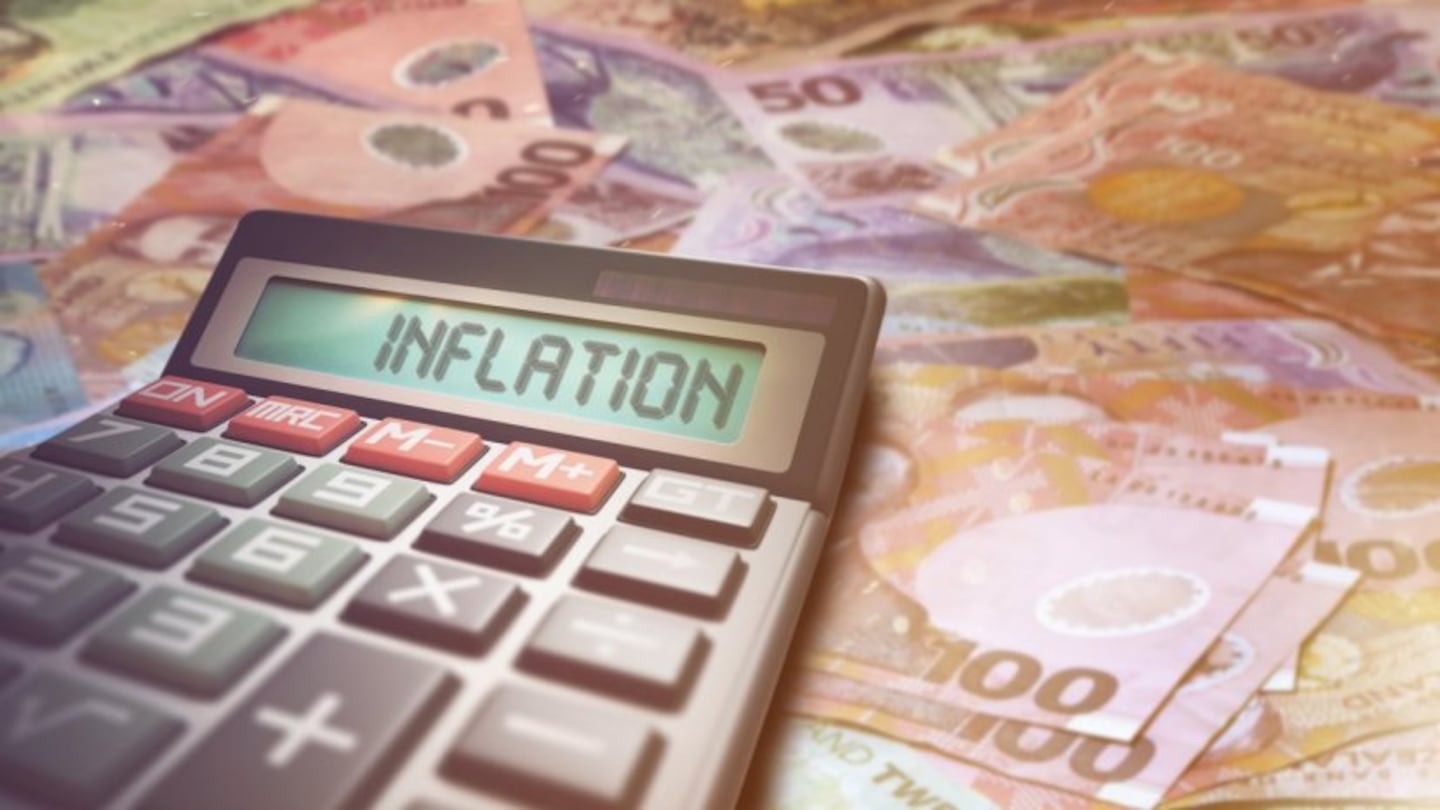Massey University associate dean Māori and economics professor Matt Roskruge (Te Atiawa, Ngāti Tama) says anyone in debt, with credit card payments, mortgages or loans, is going to find it more expensive to pay off their borrowing as lenders hike their interest rates.
Banks and other lenders are expected to immediately lift their interest rates after the Reserve Bank, which is fighting to keep inflation down, yesterday raised its official cash rate (the rate it lends to banks) by 0.75% to 4.25% in its single biggest-ever rise. The Reserve Bank is also forecasting a recession from mid-next year until 2024.
“That’s going to make the cost of living even harder if you’re using debt to survive through this period or if you’re busy paying off your debt," Roskruge says. "More of that money is going to have to go into just paying interest.
“We’ve seen some people now getting into a position where their house is worth less than the mortgage they have against it, and the cost of that mortgage keeps going up.”
Roskruge calls the speed of wages going up to meet the cost of living “sluggish”.
More money woes.
“We’ve seen an increase in union membership and I think there’s a bit of collective action trying to work to get those wages up. They’re not coming as fast as you would expect.”
He expects that when wages do meet the costs, businesses will feel even more inflation pressures and challenges.
The housing market will not be immune, he says. Though prices have fallen, the interest rate hikes will see house values worth less than the mortgage required to pay for them. Roskruge says renters can expect to pay more each week as well.
“I’ve heard of some retirement villages putting up their body corporate fees by a huge amount - 30% or something like that, more out of their pension every month.
“The Reserve Bank is raising these interest rates to try to get people to spend less. They’re telling us ‘don’t have a big Christmas, have a quiet Christmas’.
“They’re really trying to take the heat out of the economy.”


